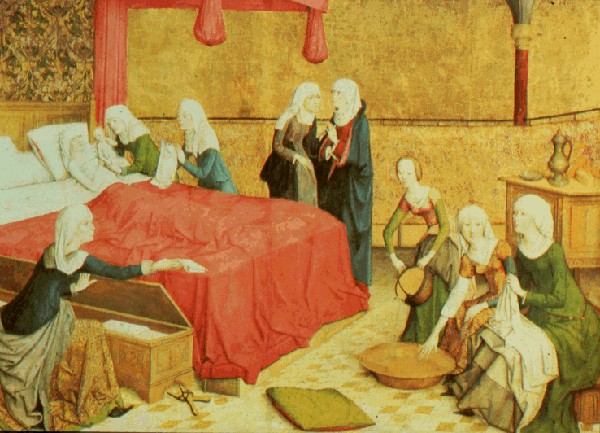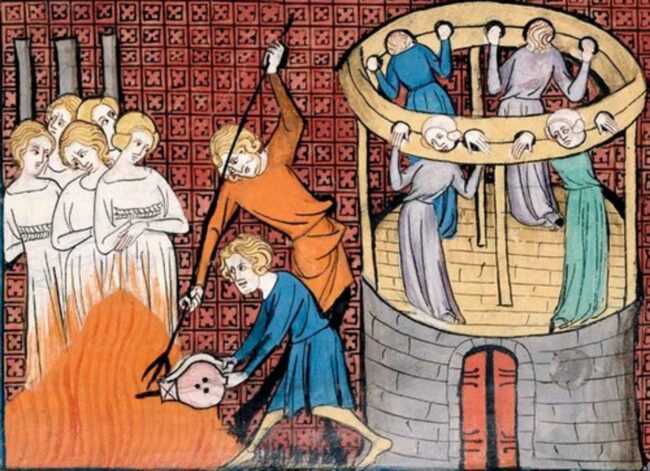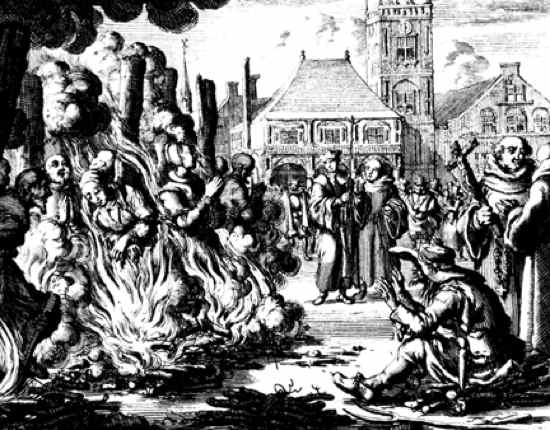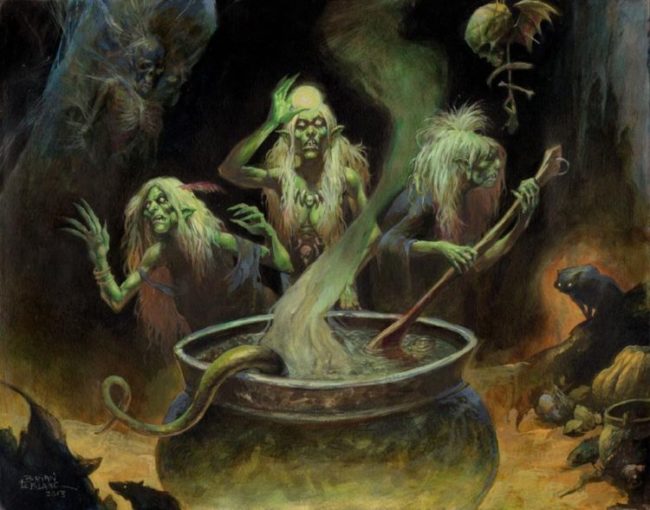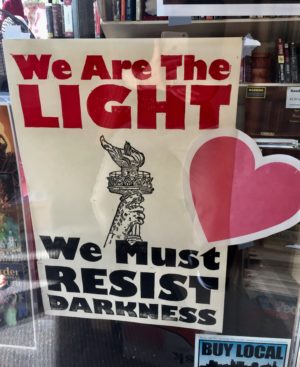The saying, “History is written by the winners, “ applies to the story we’ve been told about witches as ugly, evil creatures. Since today is Halloween, it’s the perfect time to set the record straight on witches.
We have to travel back to the 1500’s in Western Europe, when women healers and midwives played a central role in village after village, threatening the influence of parish priests and newly turned-out male doctors, The wise women’s centrality as healers and counselors had to be squashed in order for priests and male doctors to reign.
Towards this end, the Catholic Church instituted a campaign attacking the wise women as witches, or evil figures, who were undermining the social order. Witches became scapegoats for everything that went wrong, like poor crops, wars, and plagues.
Innocent women were arrested in the middle of the night and sent to prison where they were tortured with barbaric methods like the thumbscrew, the dunking stool, and the Iron Maiden (a metal container, resembling a coffin, which was air tight) likened to being “buried alive.”
Evidence bears out that when torture becomes unbearable, the victim will confess, which is why it was fairly easy to obtain confessions of witchcraft from the victims. Many women died during their torture, especially when receiving the “third degree”—a term we use today that originated during the witch craze, referring to a severe form of torture employed when the victim continued to claim her innocence.
Other victims were made a public spectacle as they were carted into the town square, stripped naked and burned at the stake. Some were cast into the river out of the belief that the innocent would survive, and the guilty would drown.
Medieval historians chillingly refer to the 300 years in Western Europe and Scandinavia, when women were persecuted as witches, as “The Women’s Holocaust.” It is estimated that 9 million died, including children. In one case an entire village lost all its women.
Today the negative image of the witch endures, buried in our collective unconscious. Children’s fairy tales frequently have plots that center around the evil old witch. Older women with lined faces might be called “witch” or “hag,” mocked simply because they no longer look young. Male co-workers might label an ambitious woman in their office a “witch” in order to humiliate her. Then as now, the term “witch” is designed to discredit women and to inhibit them from speaking out.
On Halloween the witch is trotted out to scare small children. The former image of the wise woman as healer has been transformed into a negative force. The cauldron, once symbolizing the life force, is now viewed as a container for making evil potions. The conical hat, formerly representing wisdom, is equated with evil powers.
As we reject the negative image of the witch, we celebrate the wise older women. We look up to women leaders like Angela Davis, Gloria Steinem, Medea Benjamin, and Native American elders. More and more we notice wise women among us, in our churches and synagogues and at political protests, speaking out for peace and justice causes. Maybe you’re among them?
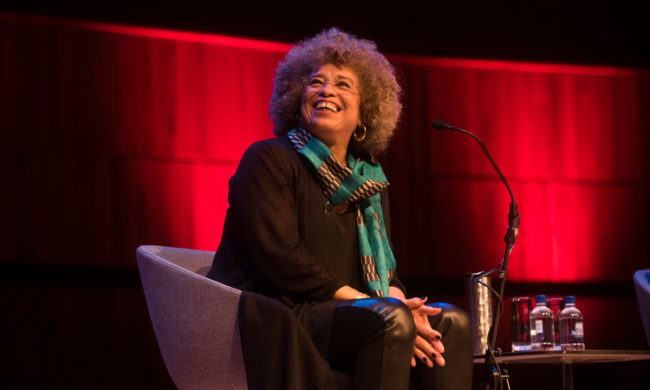
Angela Davis, a wise woman and activist, who would have been persecuted as a witch in the Middle Ages
Society needs the wise woman’s collective voice to guide us out of the darkness of endless wars, racial injustice, global warming, and indifference to the less fortunate. We desperately need compassionate social policies.
There’s strength in numbers. Let’s mobilize our collective wisdom to help turn the tide. Let’s stand for peace over war, a climate friendly to our grandchildren, gun control to make our communities safe, while building community by engaging with those with whom we differ.
This Halloween let’s own our wisdom and our wisdom voices. We owe it to all our foremothers unfairly persecuted as witches. Let’s keep their legacy alive. We may be the ones we’ve been looking for.
